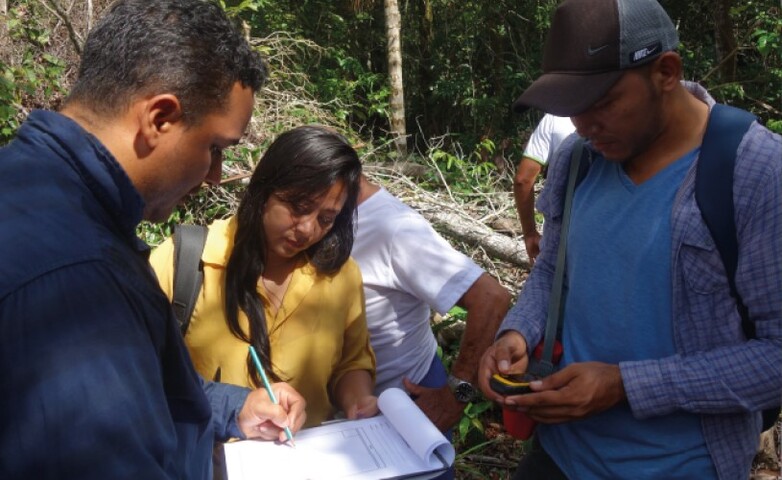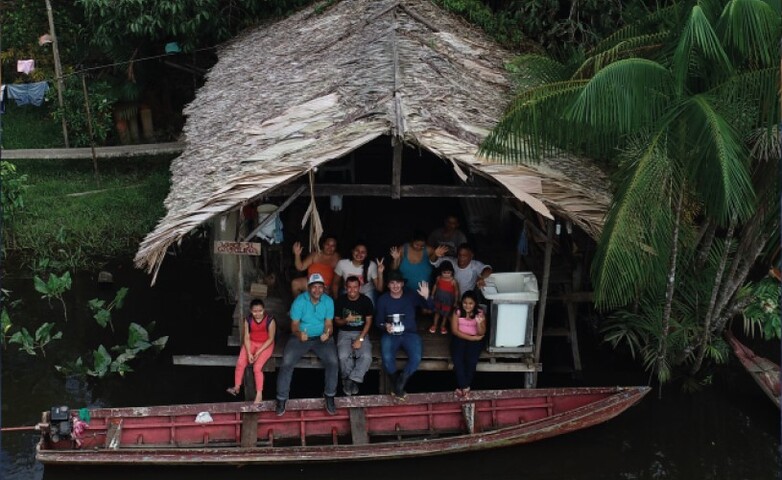Supporting rural environmental practices to preserve Brazil’s ecosystems
Land and Environmental Management
 © GIZ/Carlos Toniazzo
© GIZ/Carlos Toniazzo
Land and Environmental Management

German Federal Ministry for Economic Cooperation and Development (BMZ)

World Bank
World Bank

Brazil

Brazil, Ministry of the Environment and Climate Change (Ministério do Meio Ambiente e Mudança do Clima, MMA)
Brazil - Ministry of the Environment and Climate Change (Ministério do Meio Ambiente e Mudança do Clima, MMA)

2014 to 2025

Instituto Nacional de Colonização e Reforma Agrária (National Institute for Agrarian Reform) – INCRA); Ministério da Agricultura e da Pecuária (The Ministry of Agriculture and Livestock) – MAPA; the environmental bodies of the federal states; local non-governmental organisations; universities and public research institutes
Instituto Nacional de Colonização e Reforma Agrária (National Institute for Agrarian Reform) – INCRA); Ministério da Agricultura e da Pecuária (The Ministry of Agriculture and Livestock) – MAPA; the environmental bodies of the federal states; local non-governmental organisations; universities and public research institutes

Climate, environment, management of natural resources
 © GIZ/Carlos Toniazzo
© GIZ/Carlos ToniazzoDeforestation in Brazil has increased again after earlier improvements. Notably, from August 2022 to July 2023, an area measuring 9,064 square kilometres (km²) was cleared in the Amazon, while 11,011 km² were lost in the Cerrado. In response, a law, the "New Forest Code", passed in 2012,requires landowners to protect native plants and register all their rural properties in the Rural Environmental Registry (CAR). So far, more than 7.2 million properties, covering 671 million hectares, have been registered. However, despite these efforts, ensuring that everyone follows these rules remains a significant challenge, particularly through state programmes designed to protect the environment such as the State Environmental Compliance Programs (PRA).
 © GIZ/Carlos Toniazzo
© GIZ/Carlos ToniazzoEnvironmental compliance and rural management are effectively reducing deforestation, conserving biodiversity, and restoring degraded areas.
The project builds partnerships with state agencies and civil organisations, ensuring integration with other land policies to provide technical assistance and rural extension services. To achieve its goals, the project focuses on:
Last update: August 2024